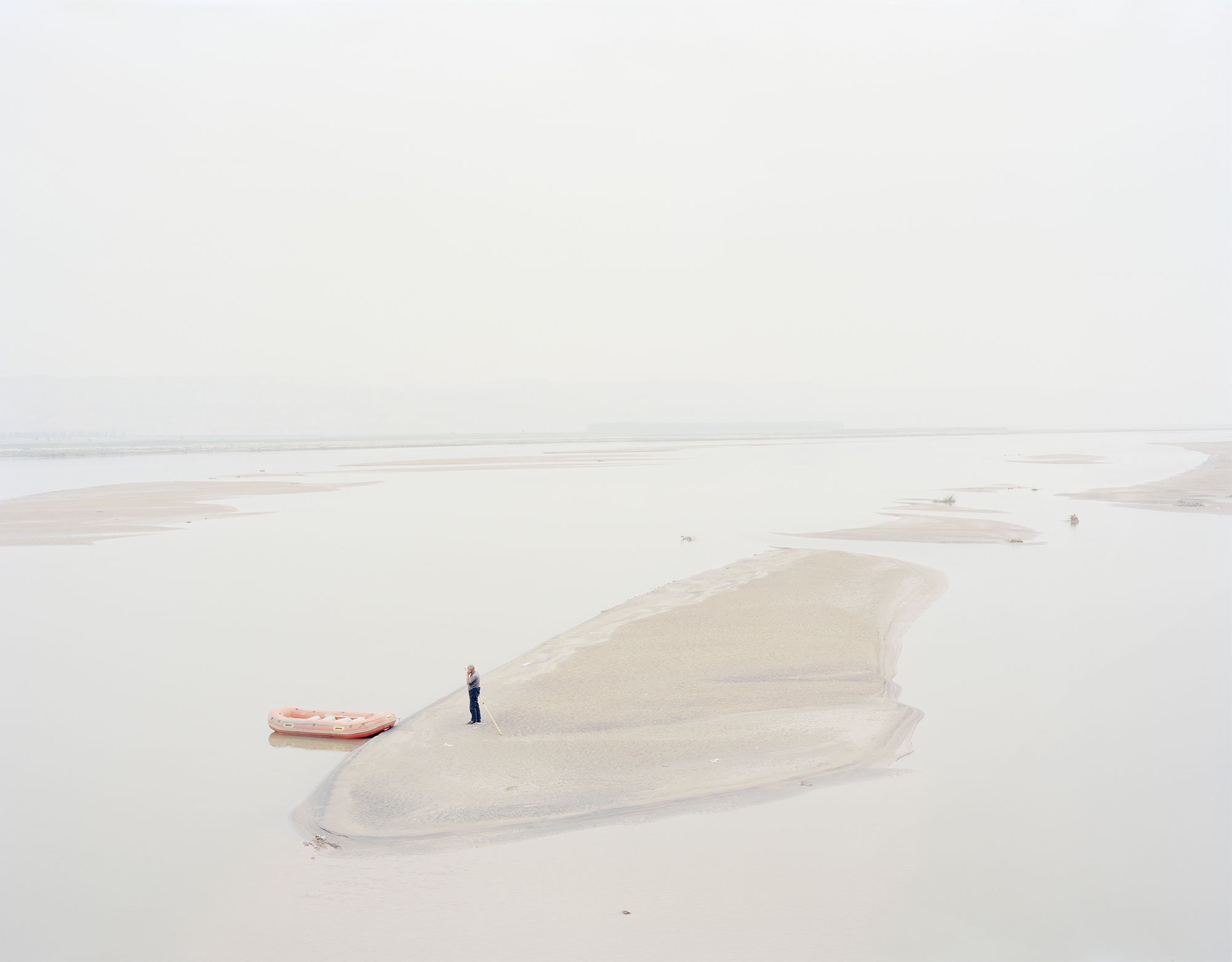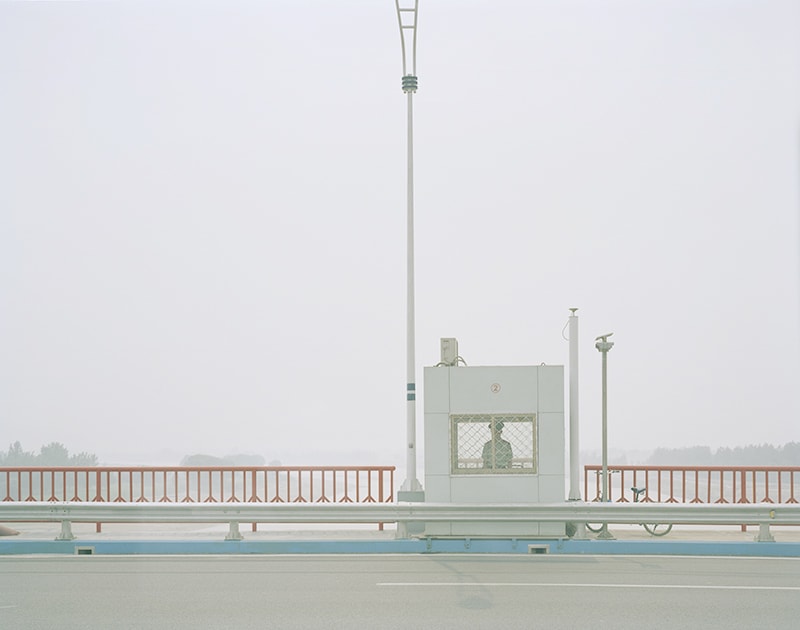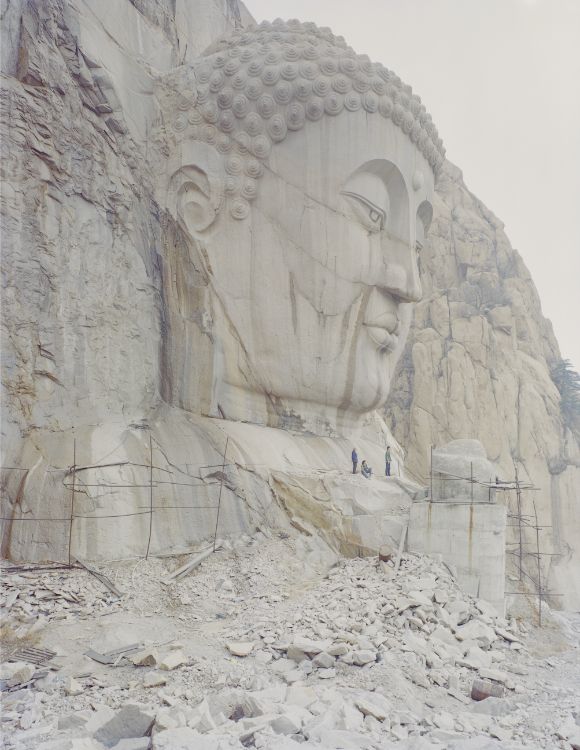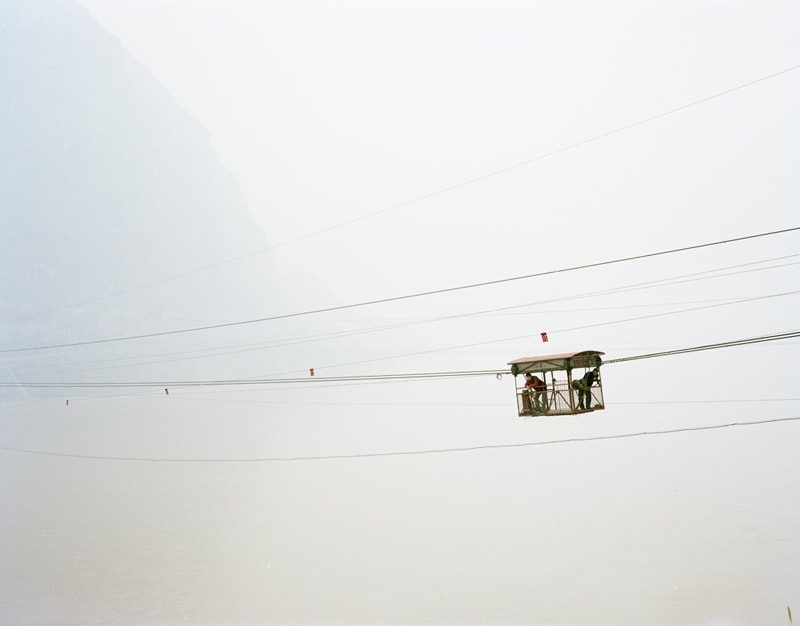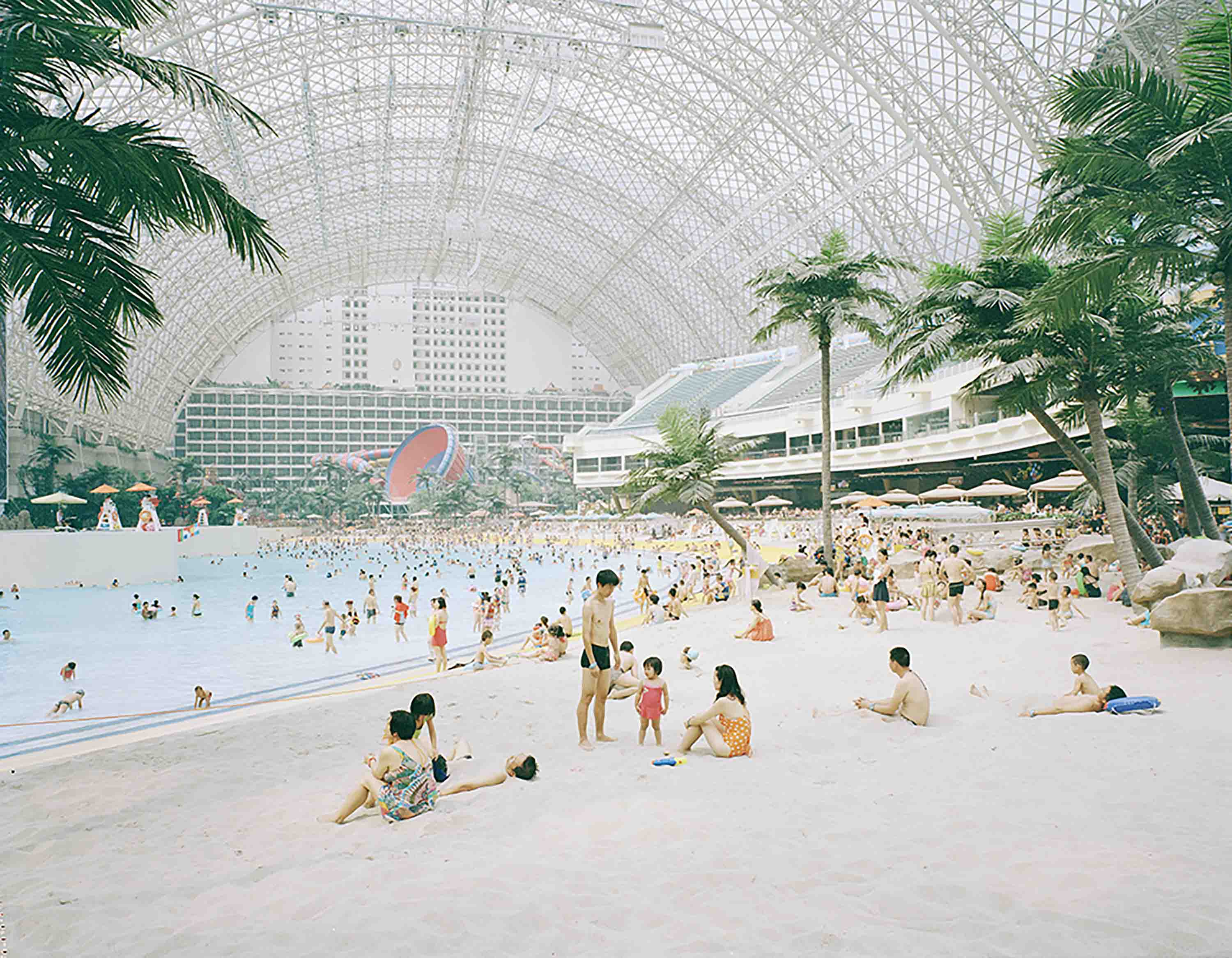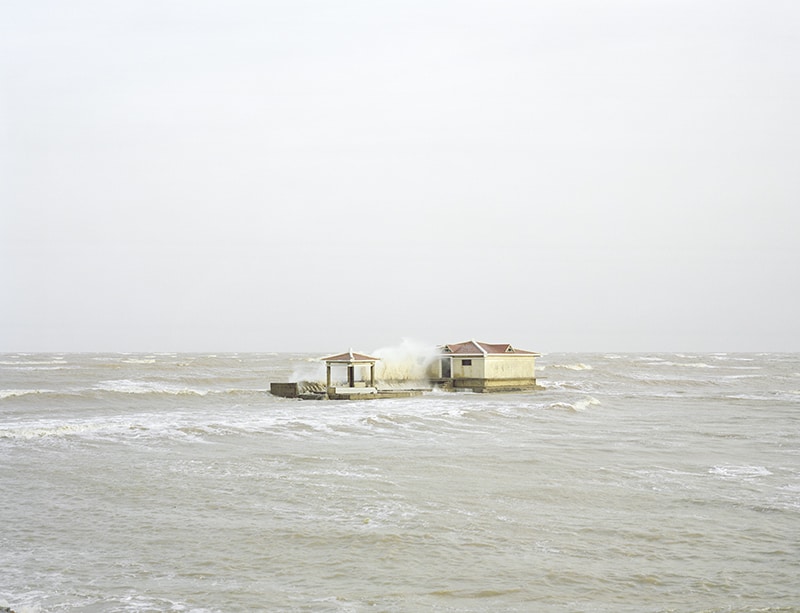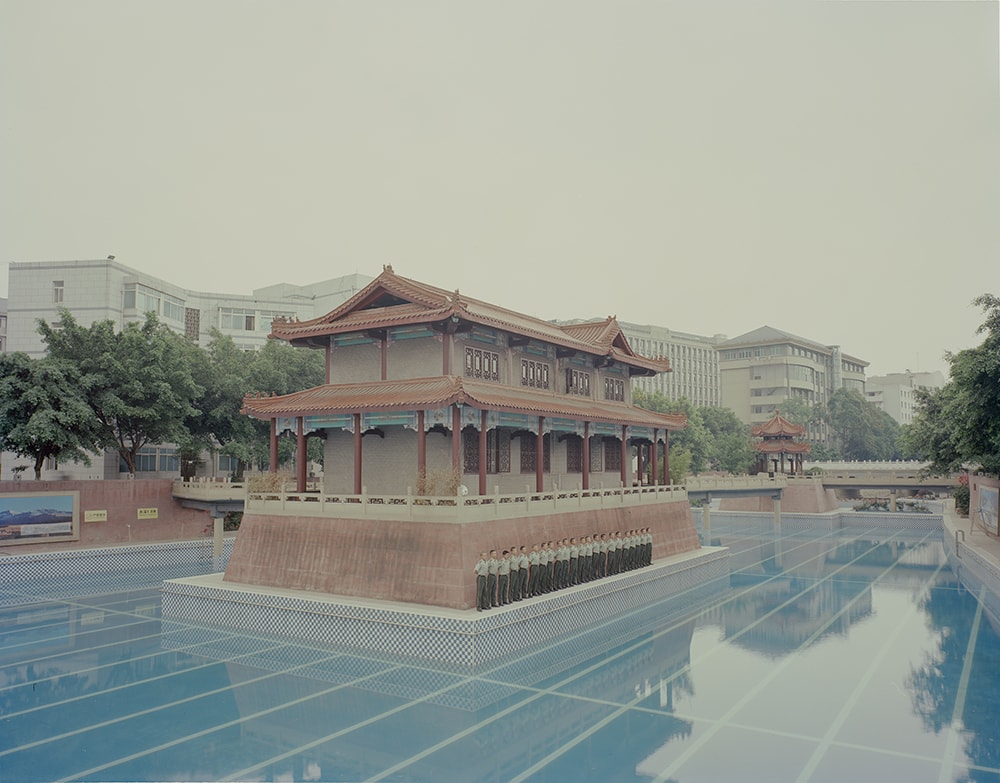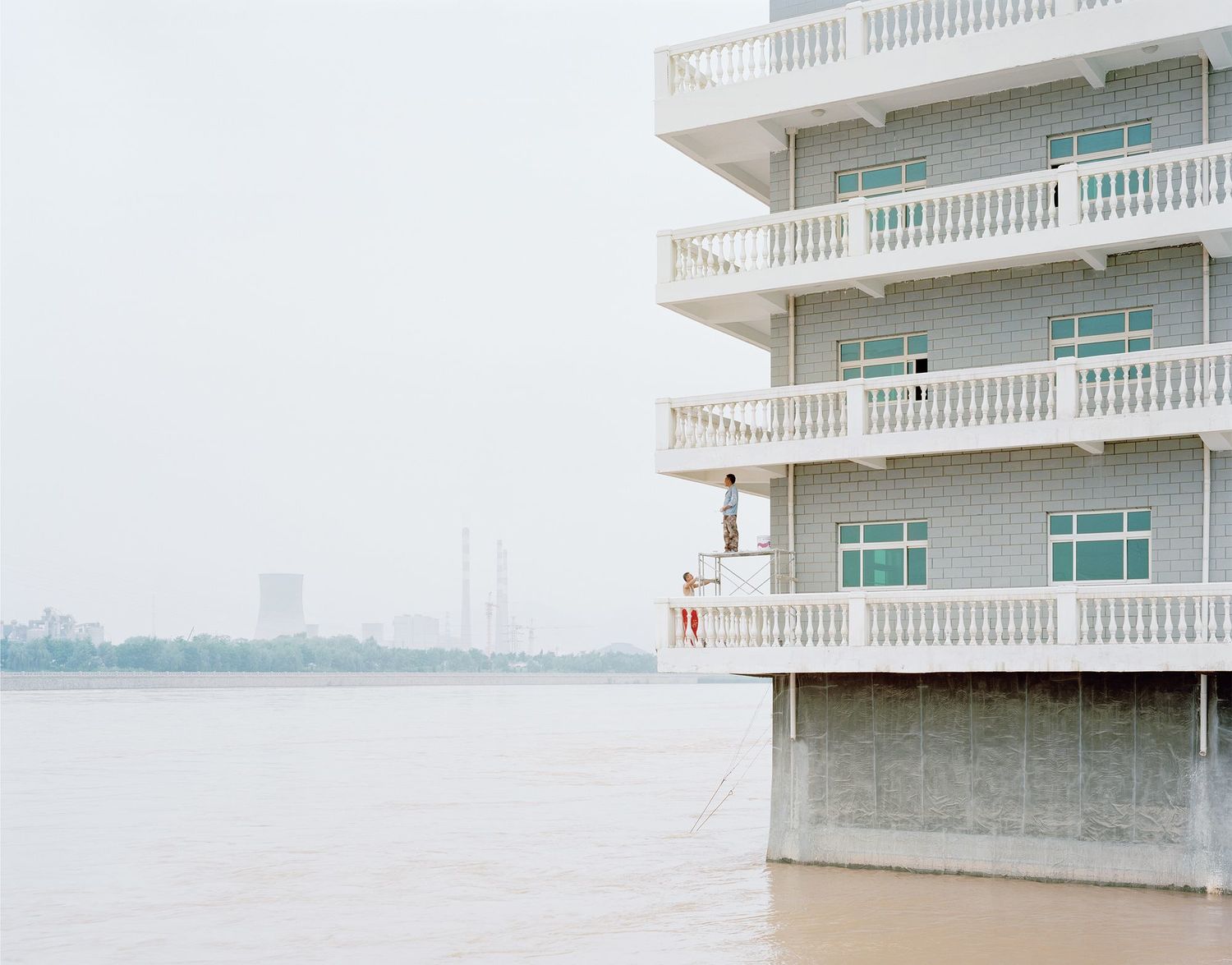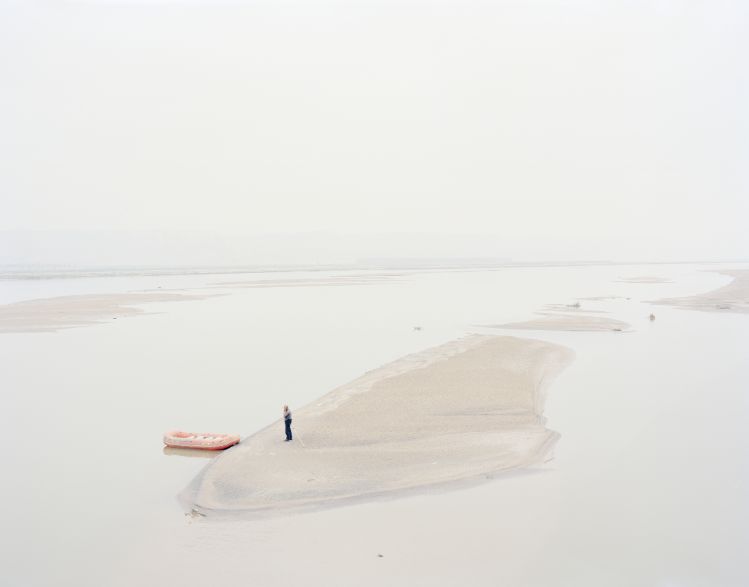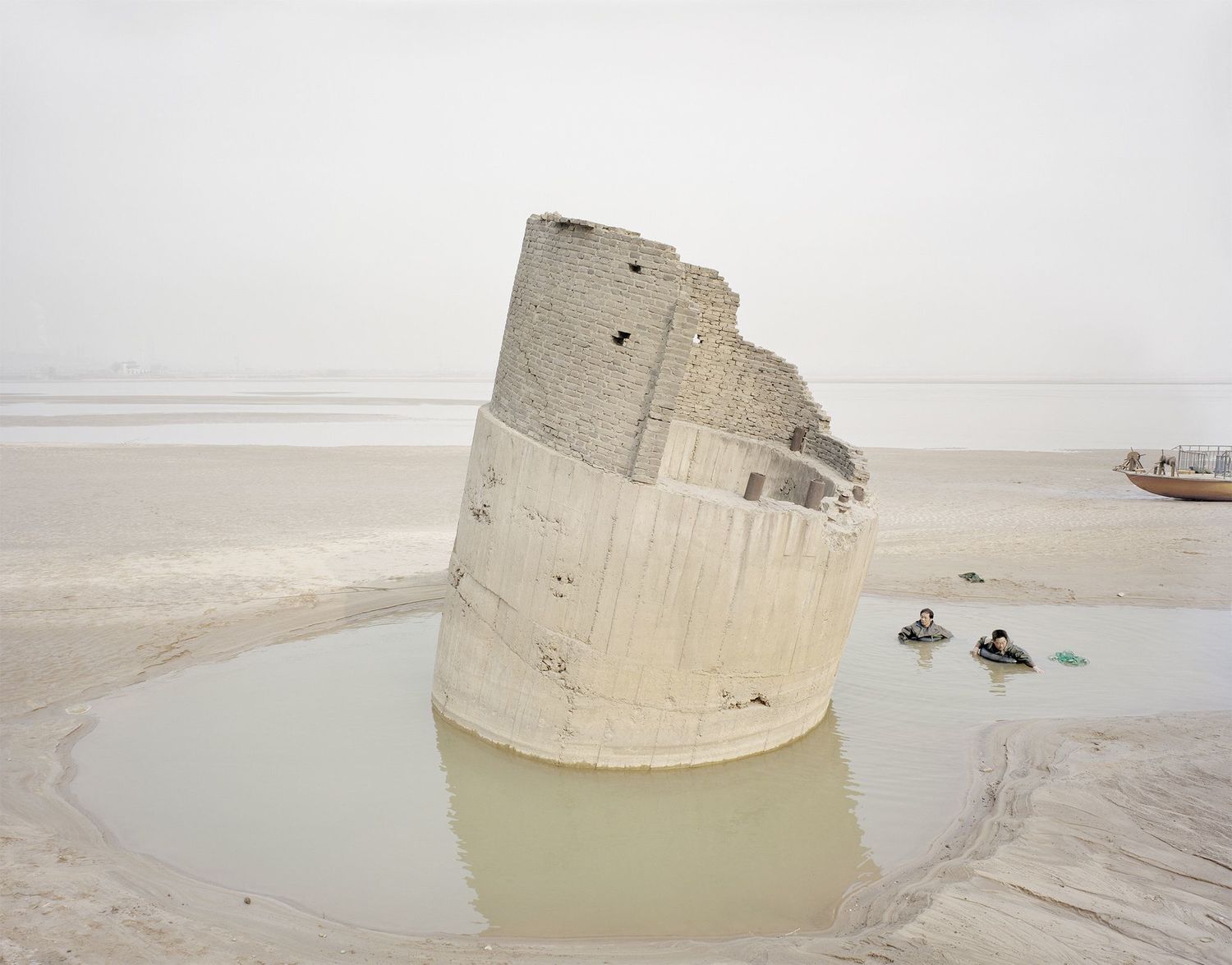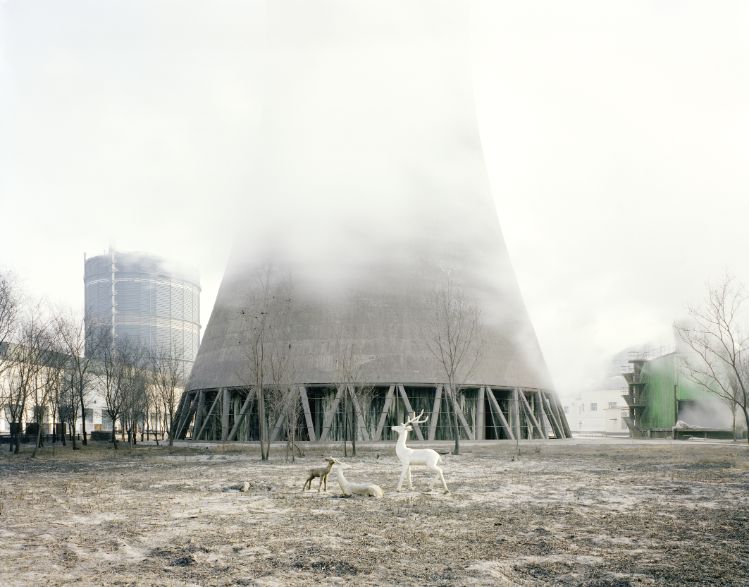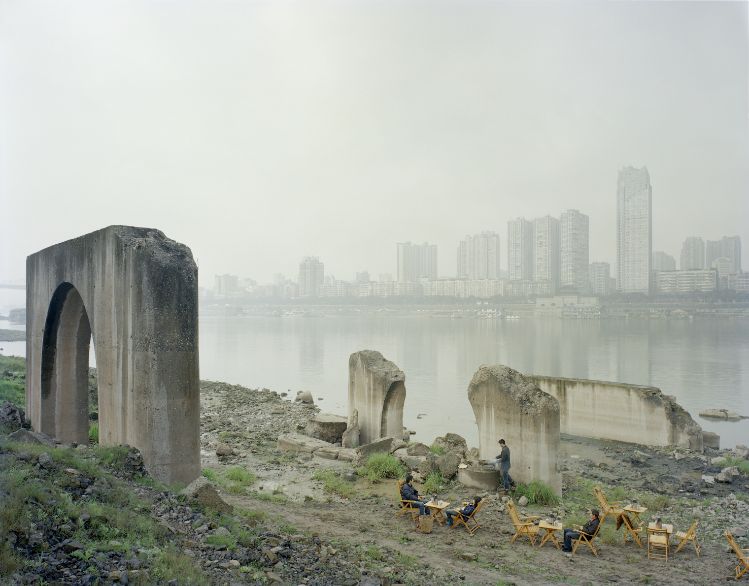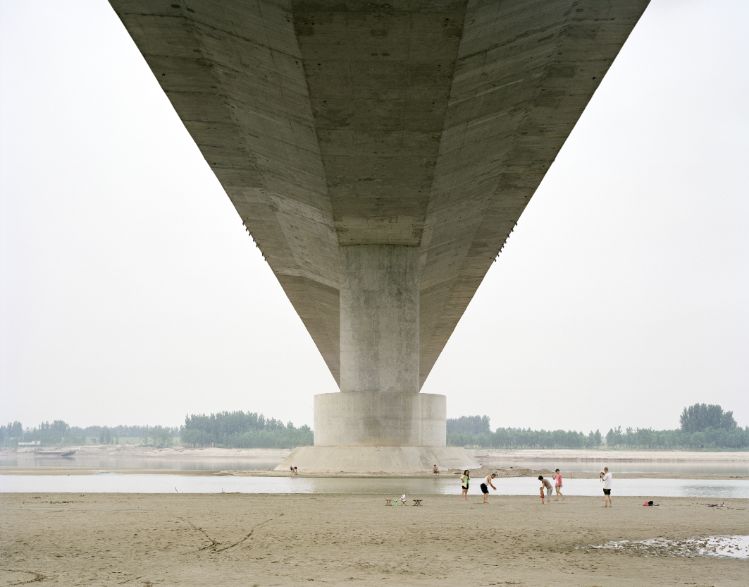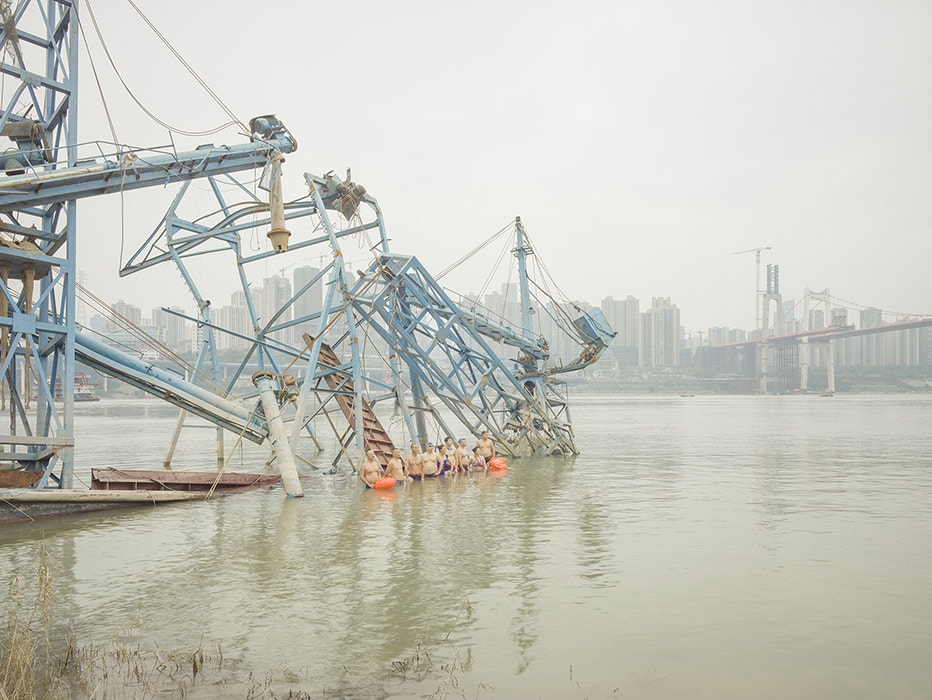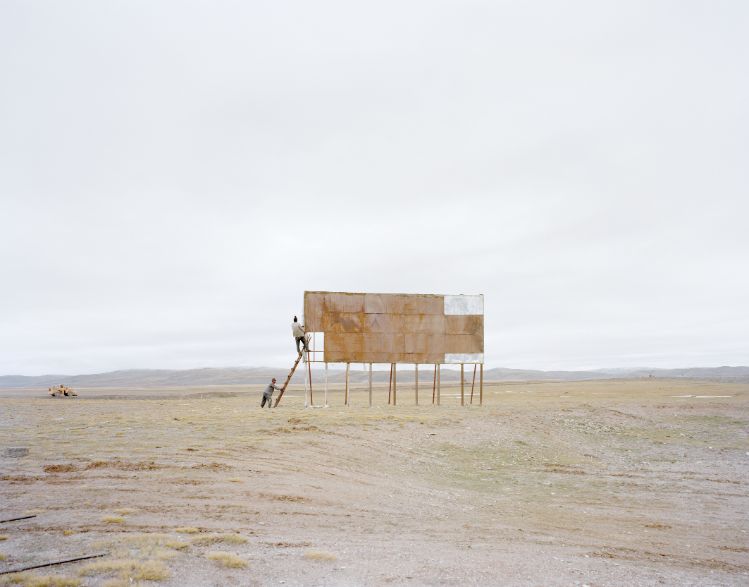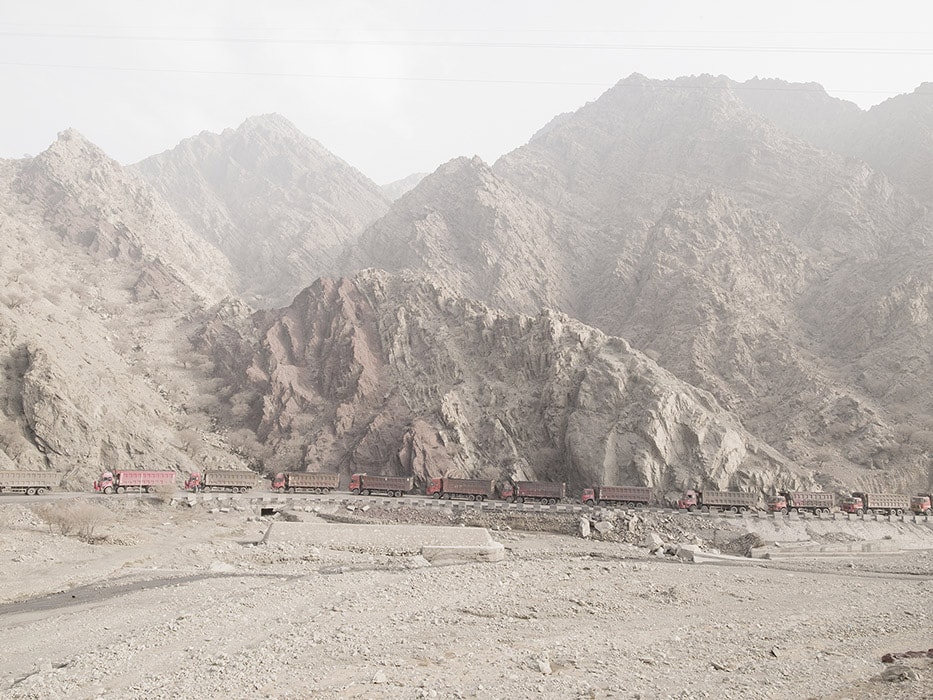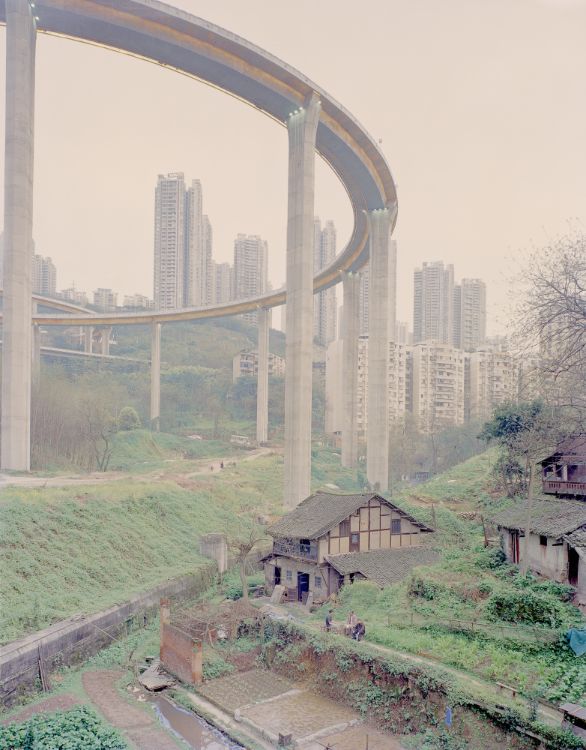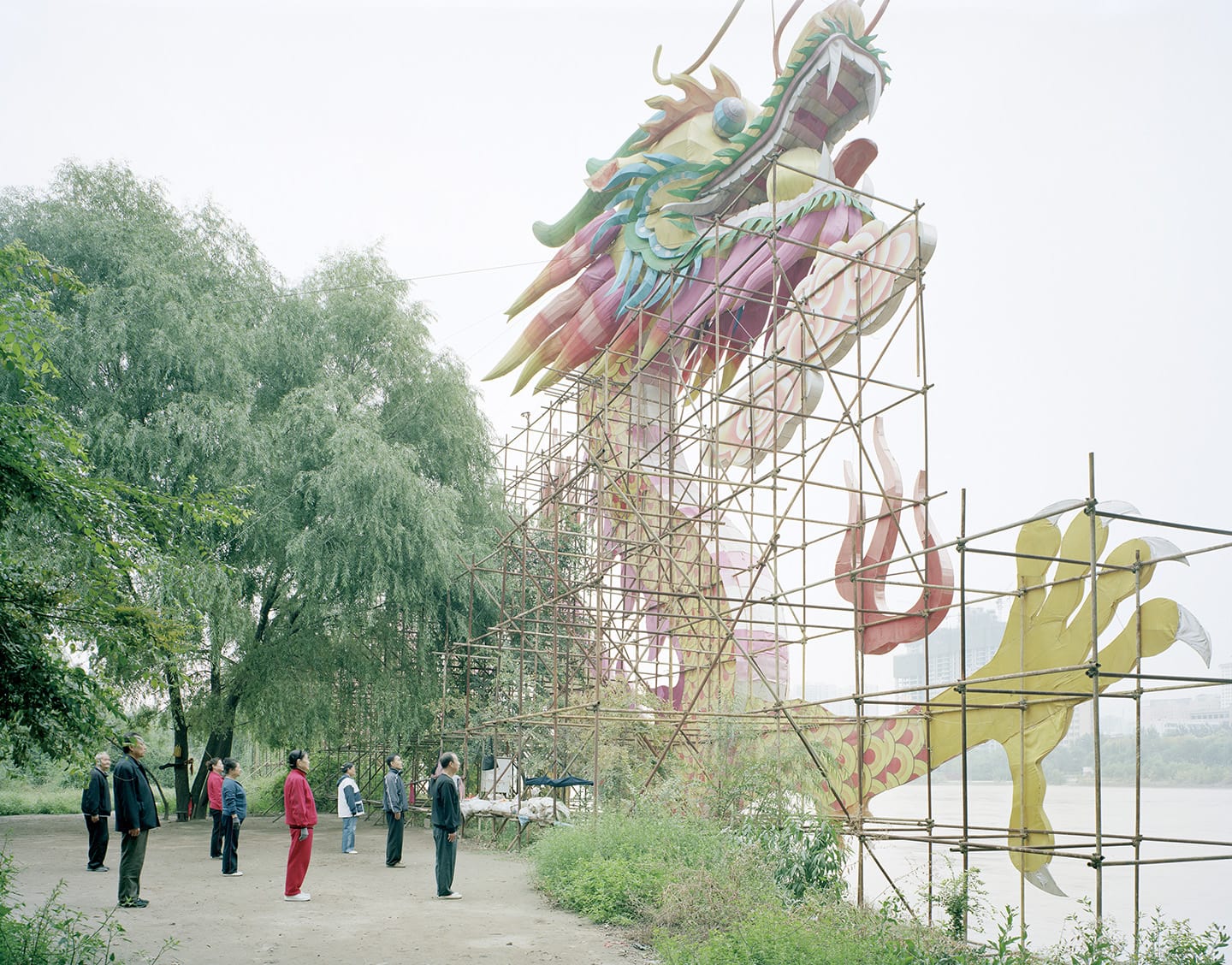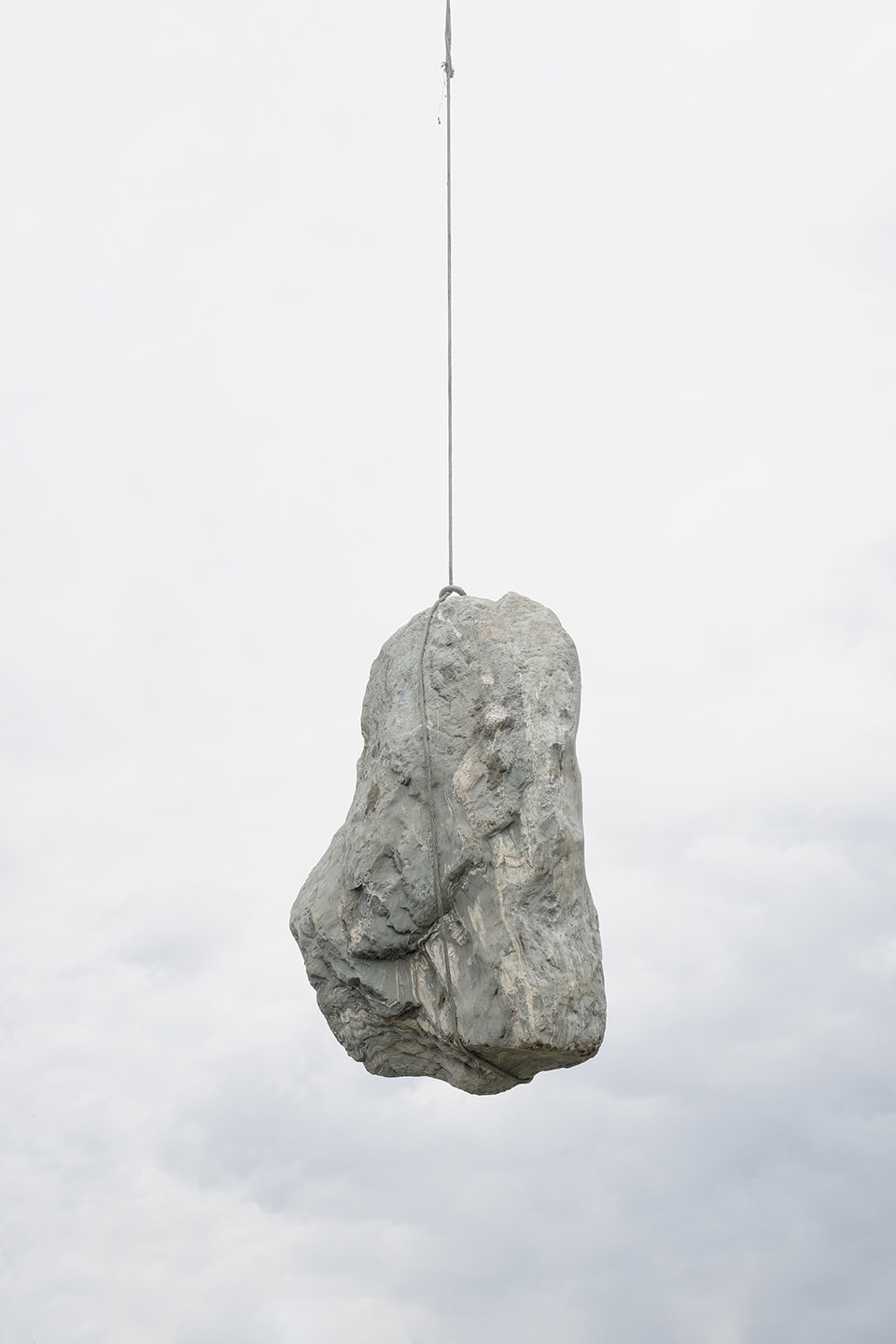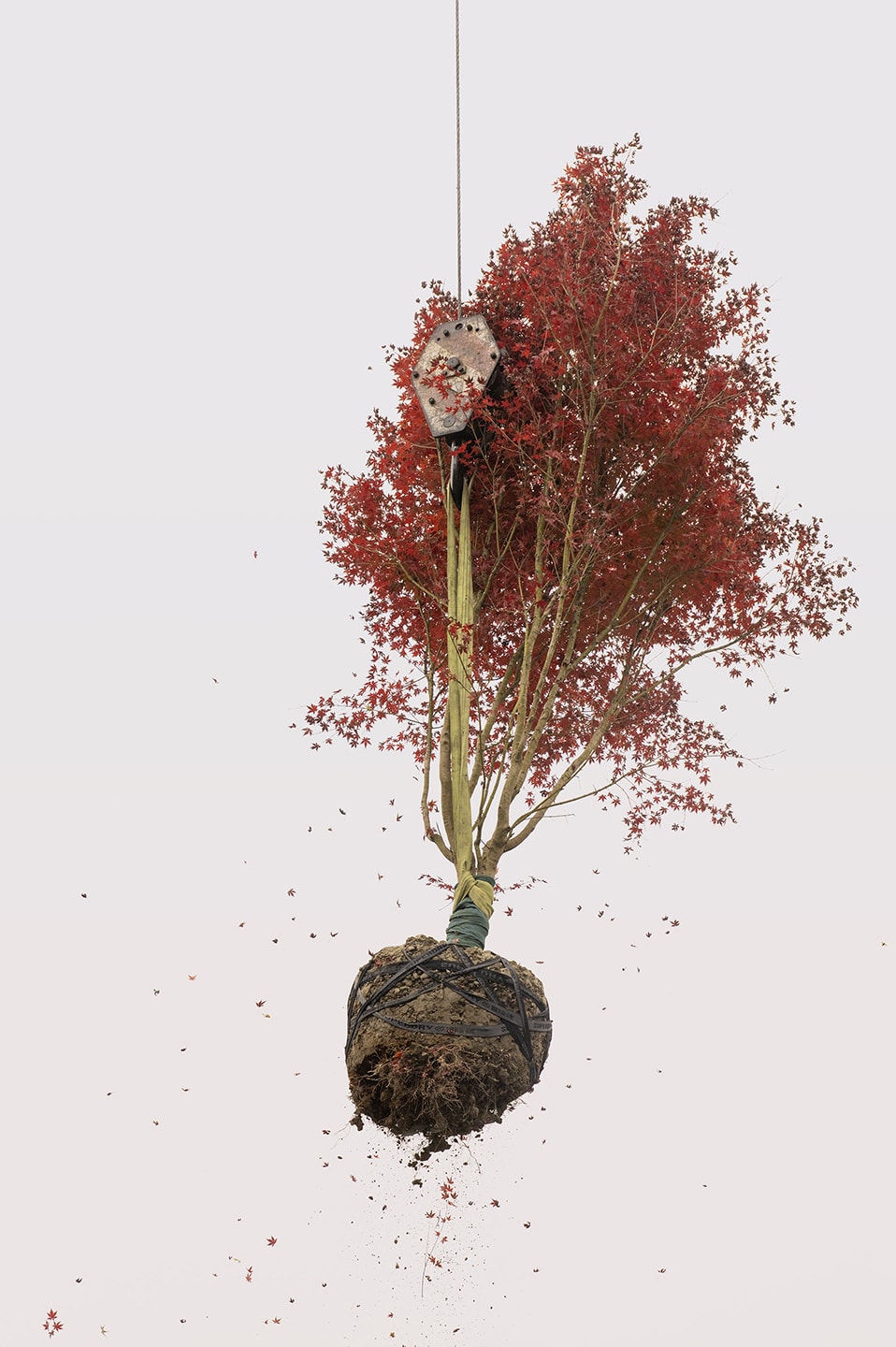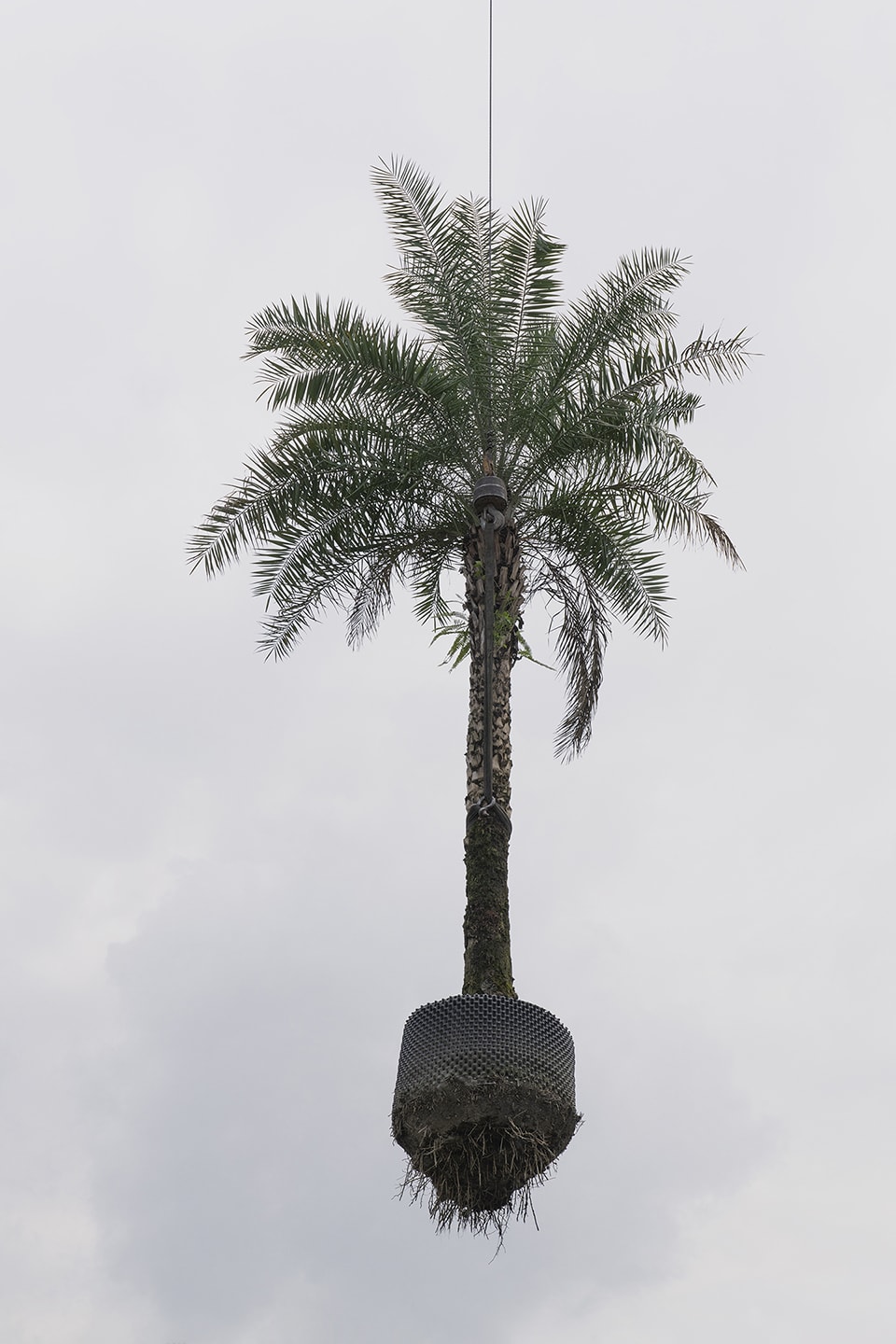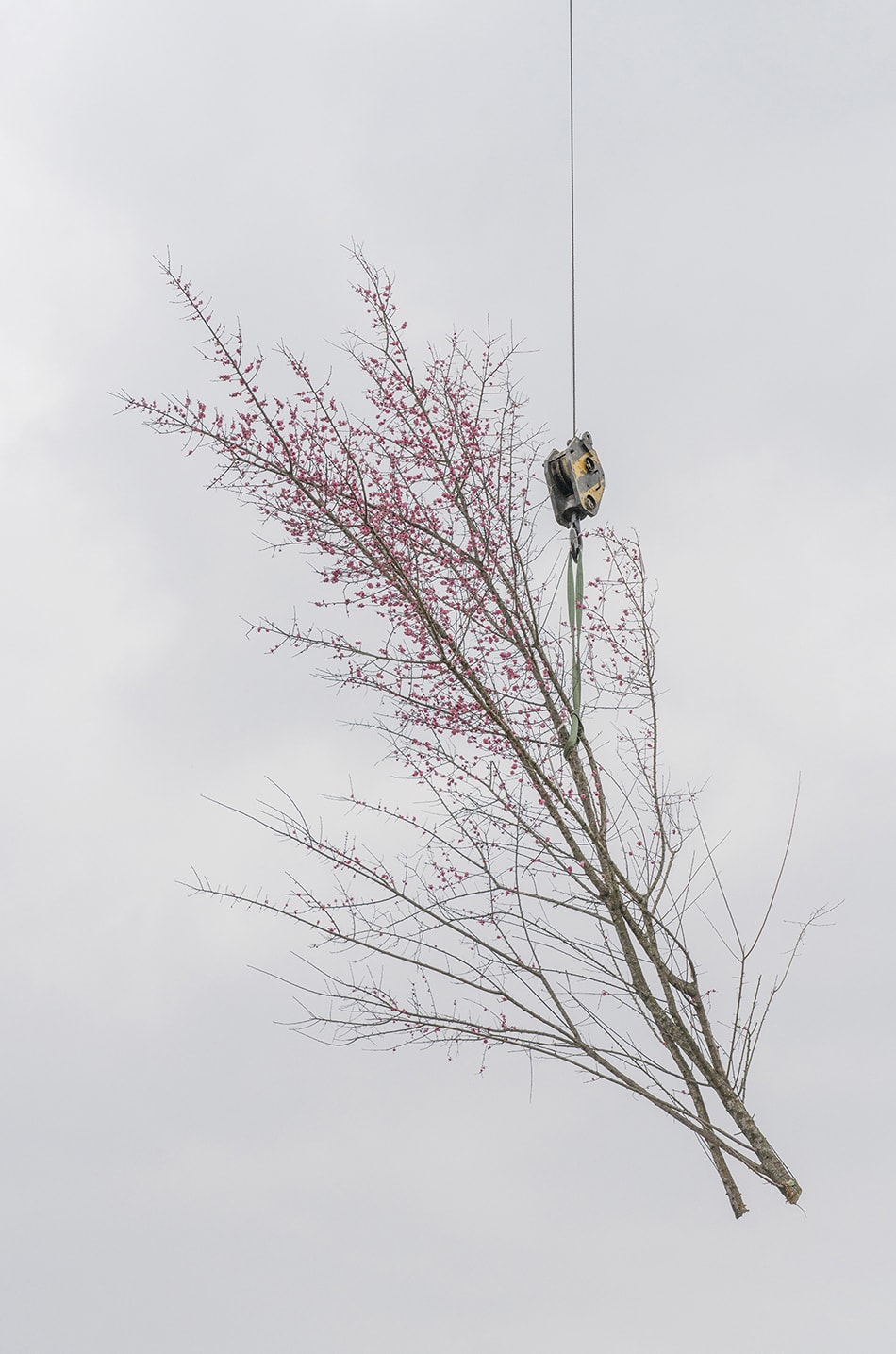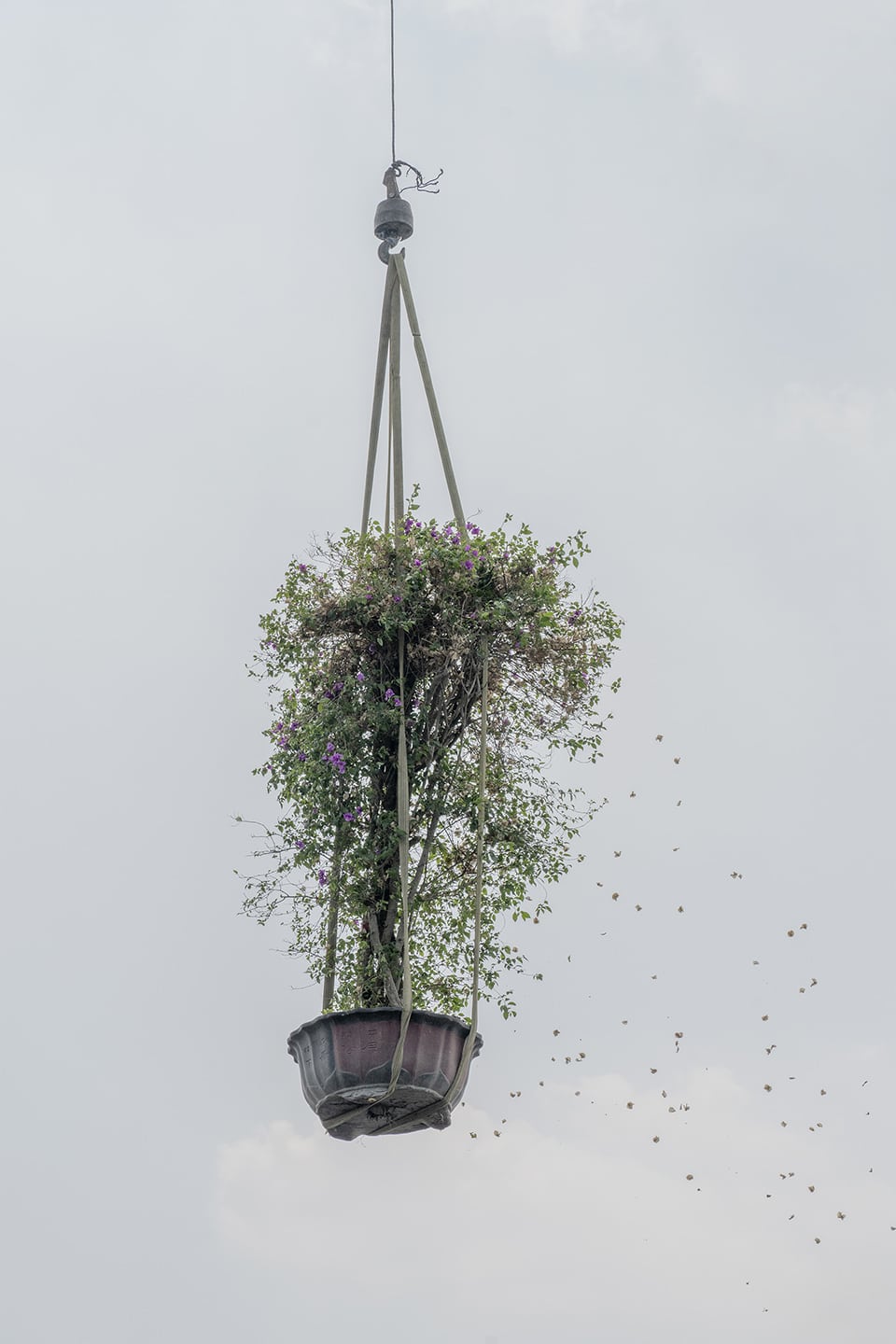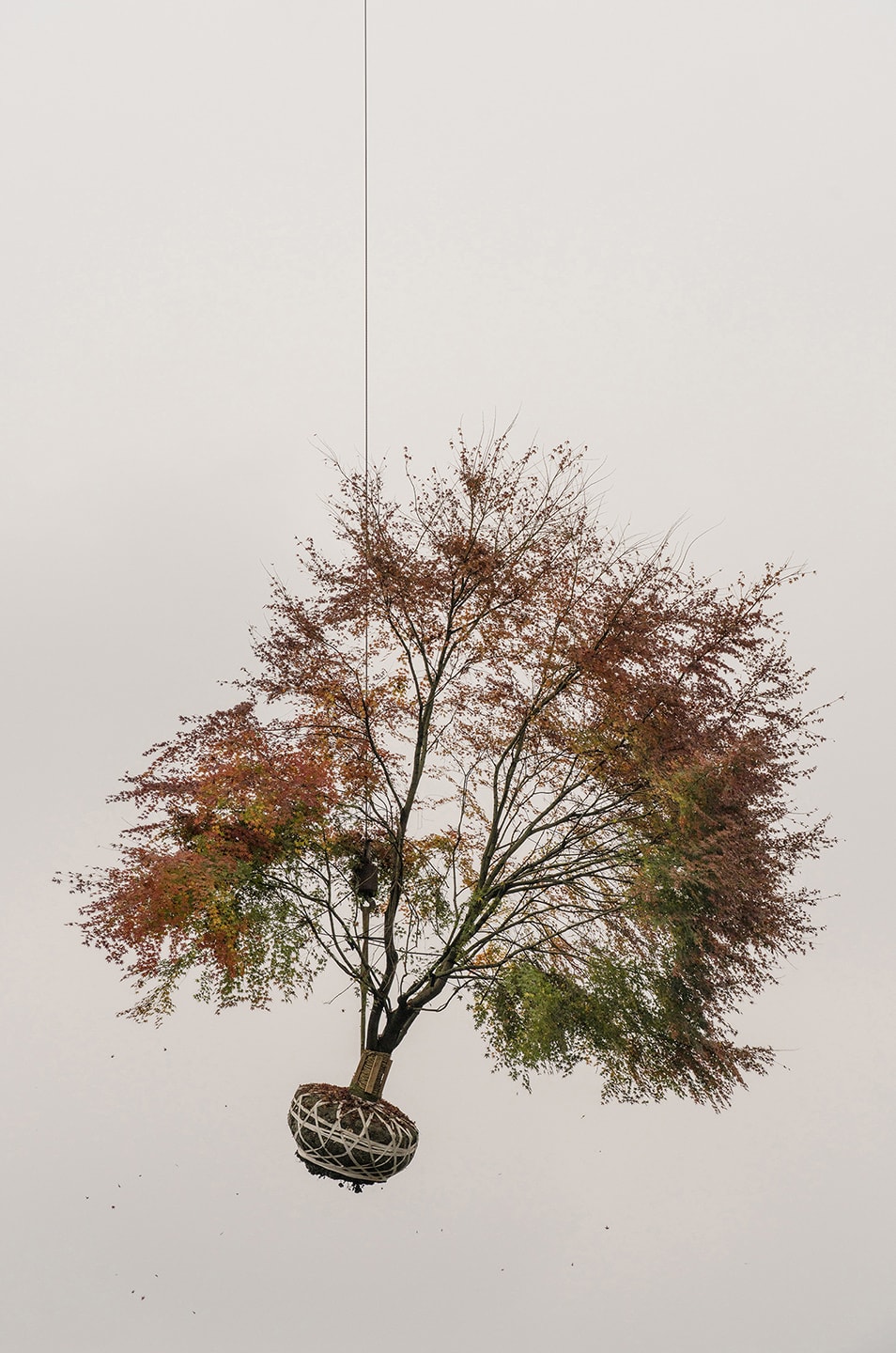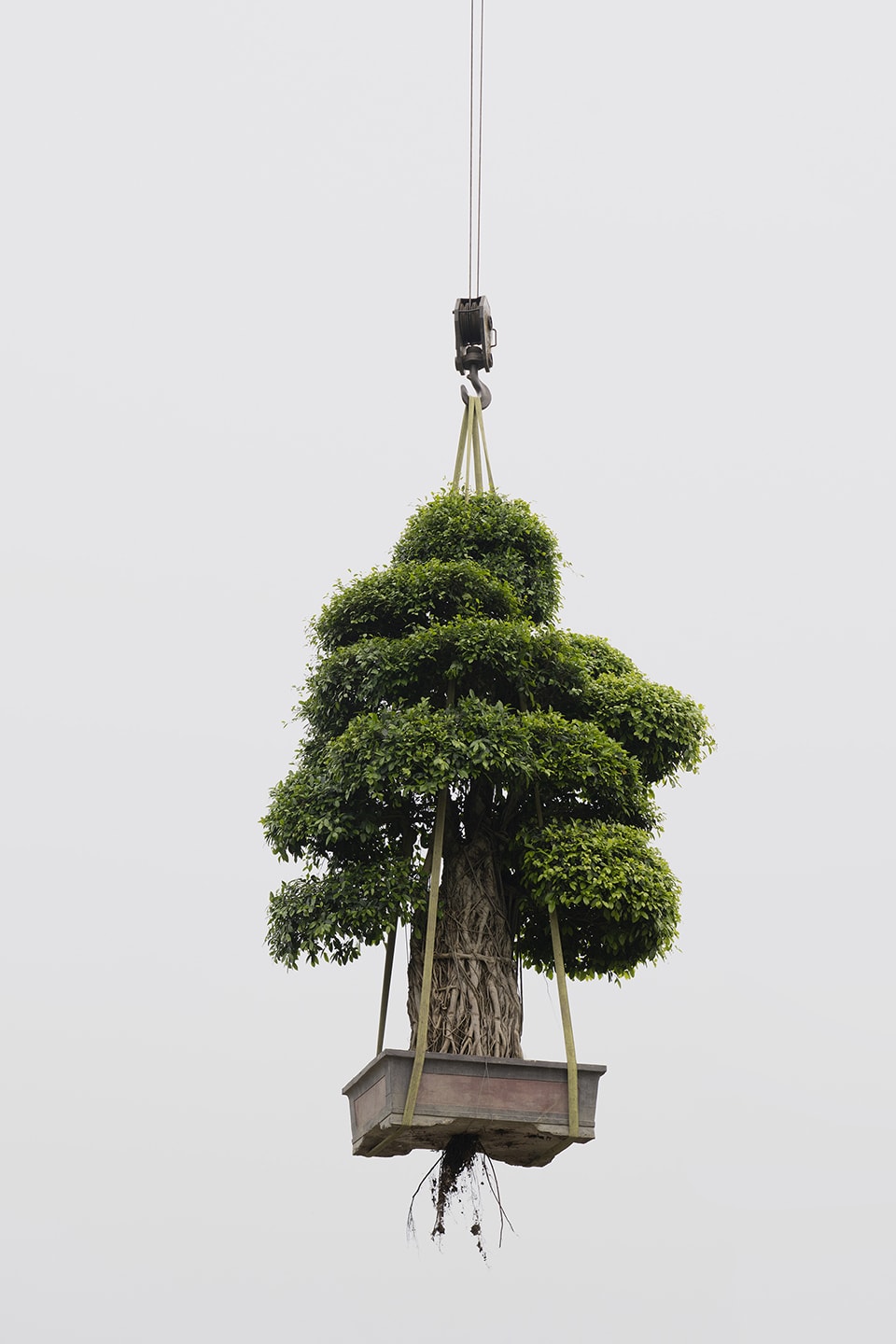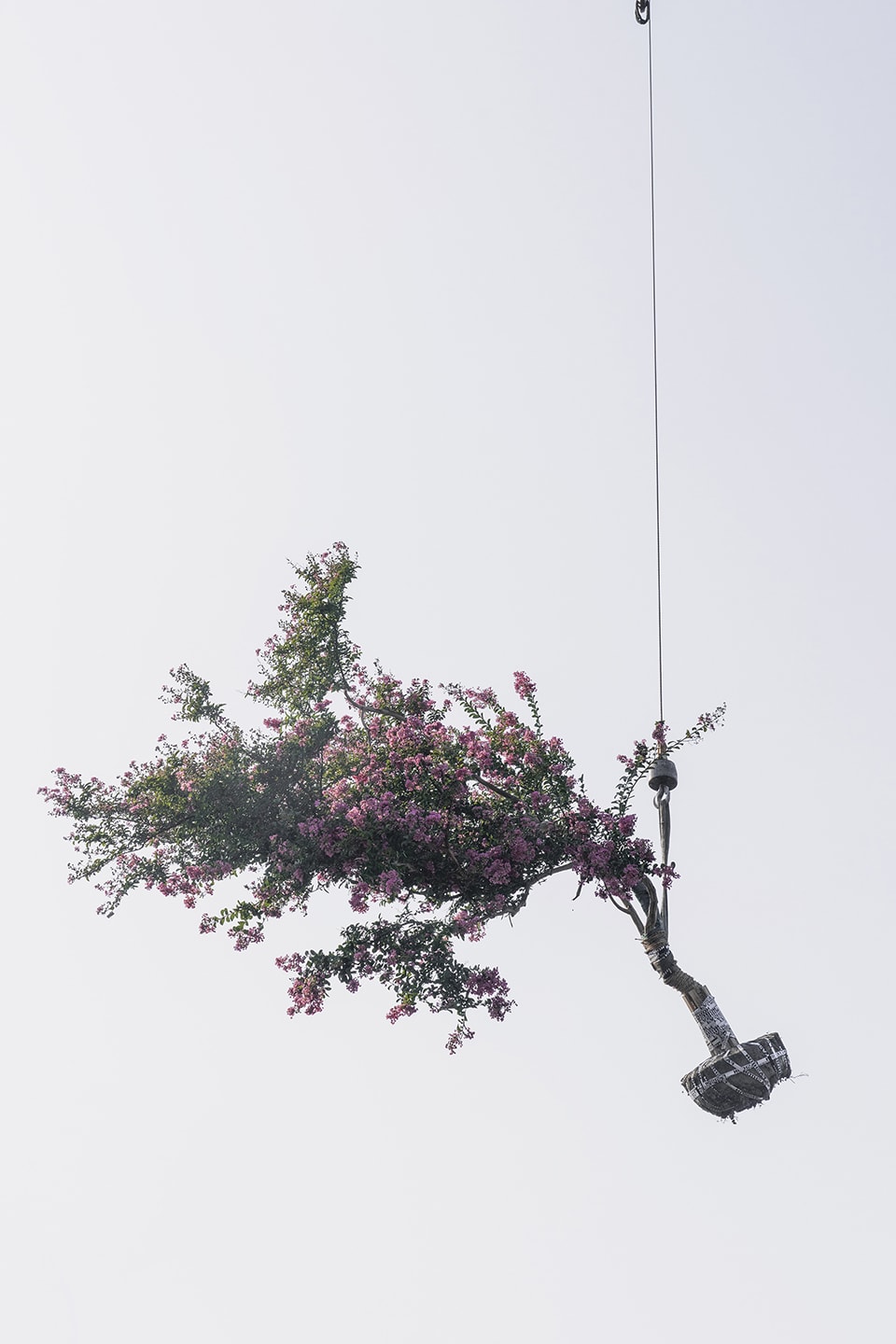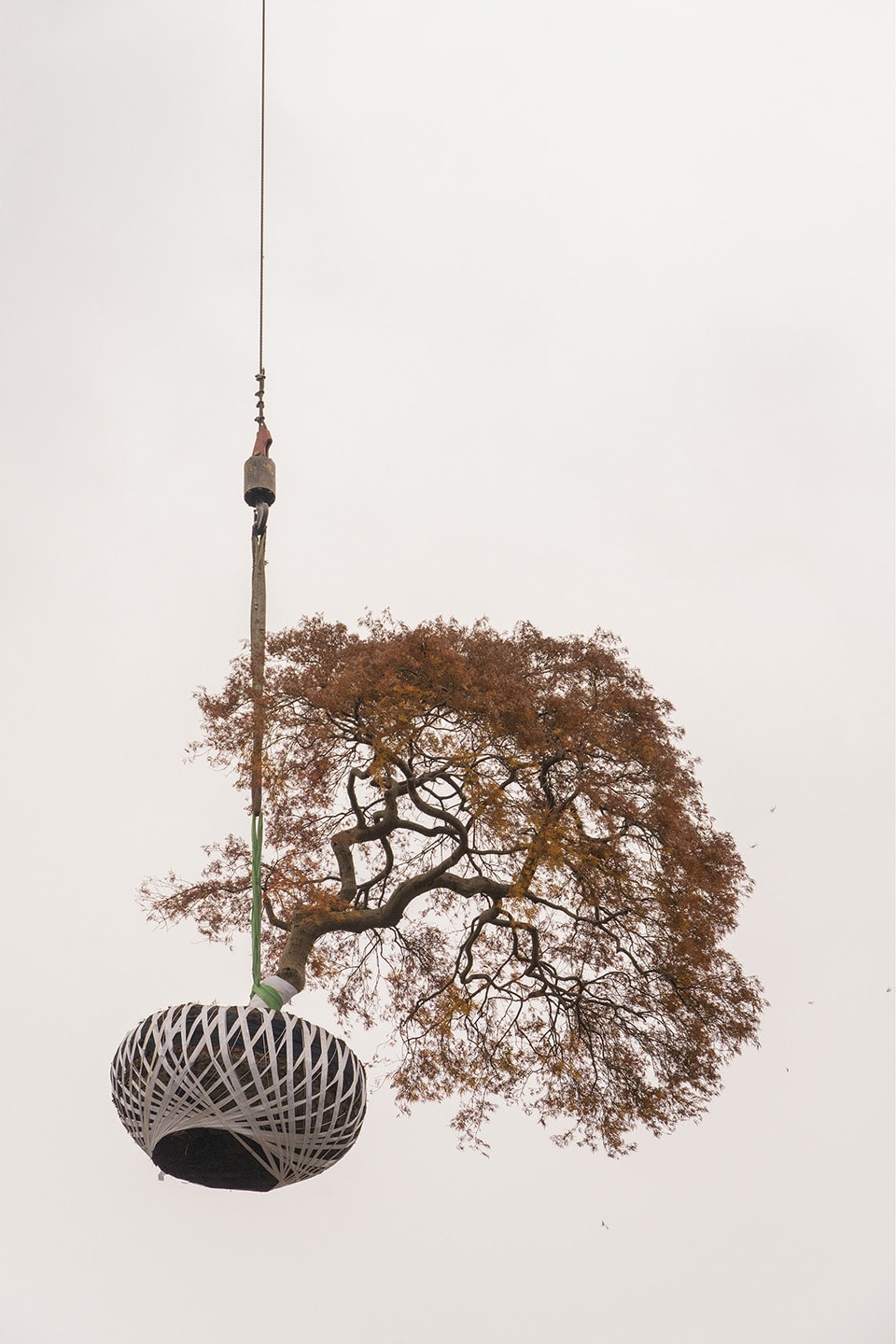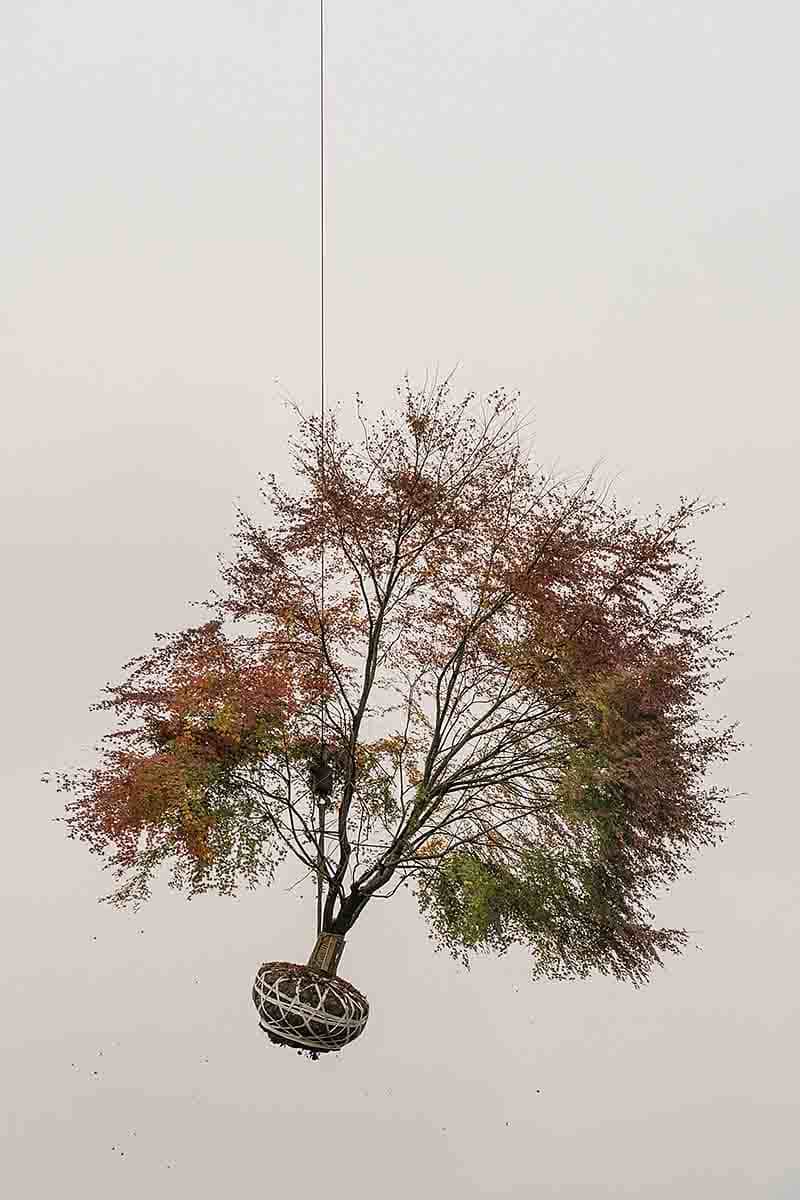Zhang Kechun is best known for his large format photographs of post-industrial Chinese landscapes. He produces epic vistas that dwell on the significance of the landscape in modern Chinese national identity.
Zhang Kechun Prints For Sale (28):
Zhang Kechun
EnquireArtist Biography
Zhang Kechun
China
B. 1980
EnquireEarly Years
Zhang Kechun was born in Sichuan, China. He studied art and design and on graduating he worked as a designer in Chengdu before becoming interested in photography.
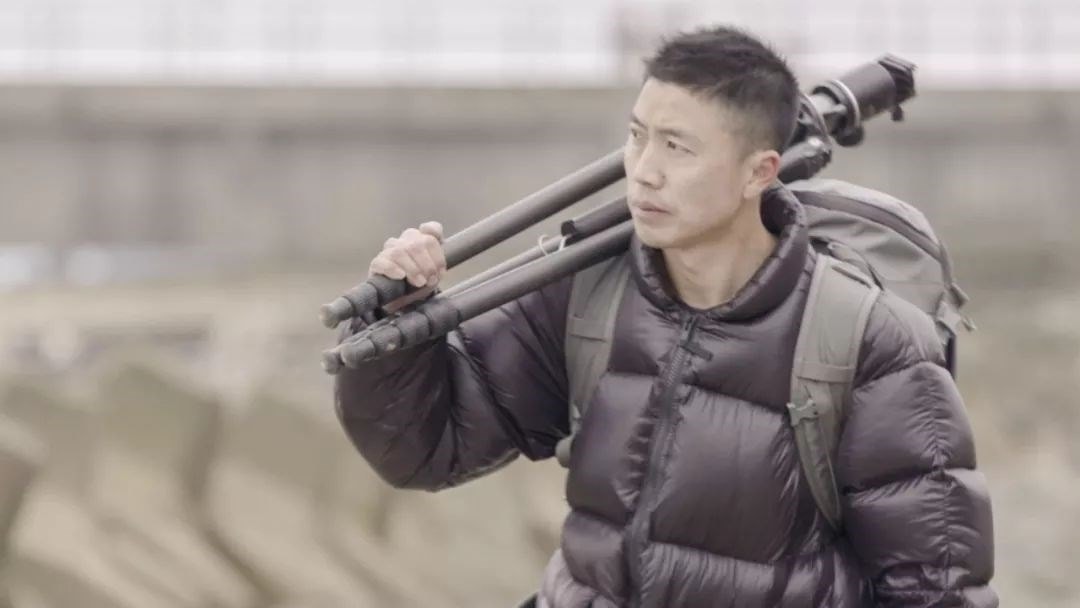
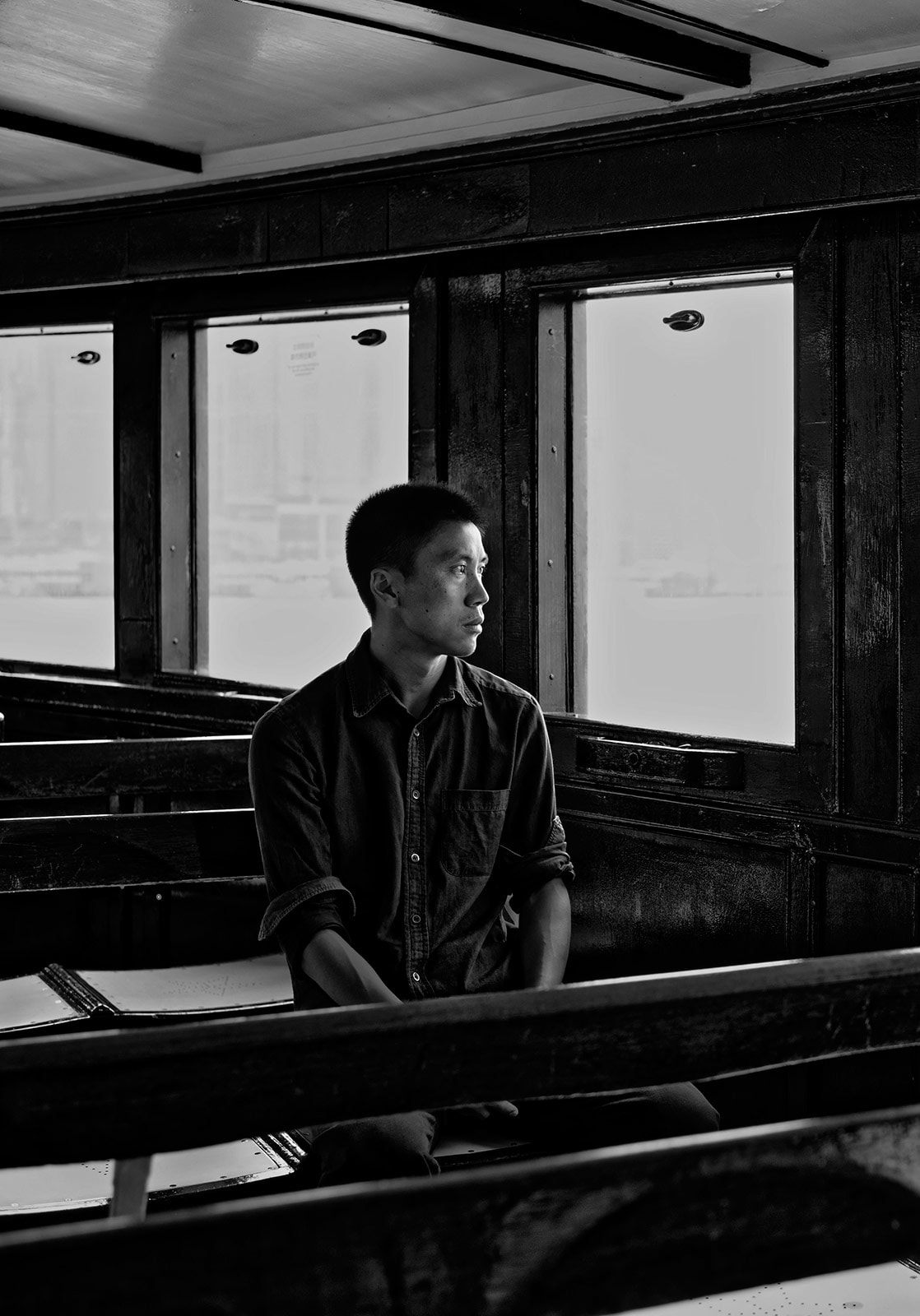
The Yellow River
In 2010, Kechun decided to undertake a trip along the length of the Yellow River. Inspired by the novel ‘River of the North’ by Chengzhi Zhang, Kechun wanted to experience the river’s “overwhelming fatherly presence in the country.” The project took him on a two-year journey along the river from the coastal flats of Shandong in the east to the mountains of Qinghai in the west. He completed the journey on a fold-up bicycle, all the while carrying with him a large format Linhof camera.
‘The Yellow River’ documented the effects of modernisation along the third longest river in Asia, which is also known as Huang He. The Yellow River is considered the cradle of Chinese civilization, often called the “Mother River”, but is also considered a threat, capable of breaking its banks anytime. The areas surrounding the river have been devastated by flooding in recent years and Kechun’s photographs capture the emotional impact of this on the local population with an eerily quiet atmosphere. The river constantly dwarfs the people who rely on it, rendering them vulnerable to its might. Kechun writes “along the way, the river inundated my mind with the stream of reality. With a profound sense of pessimism, I felt that the river, which was once full of legends, had disappeared.”
The huge weight of the nation’s history, stretching from the birth of the ancient civilisation to its modern industrial expansion, seems to squat on his shoulders as he navigates the landscape with the camera. Kechun’s emptied out, muted scenes hum with melancholy for a lost landscape. “I wanted to photograph the river respectfully”, Kechun has said, “it represents the root of the nation”. Whilst the project was not intended to confront environmental issues in the same way that Nadav Kander did so in his work on the Yangtze River, Kechun found that ecological matters became unavoidable. “I started off wanting to photograph my ideal of the river, but I kept running into pollution,” he has said, “I realised that I couldn’t run away from it, and that I didn’t need to run away from it.”
Kechun’s works are quietly beautiful and hugely atmospheric, using a soft and subtle colour palette. Whilst Kechun imbues the altered landscape of China with a tragic beauty, his photographs are also hugely witty, showing the frequently absurd scenarios in which the inhabitants of the river’s surroundings find themselves.
Exhibitions & Awards
Kechun won the Discovery Award at Les Rencontres d’Arles for ‘The Yellow River’ in 2014. Working with the agency Most, Kechun also undertakes editorial and advertising commissions. He won the National Geographic Picks Global Photo Contest in 1998 and was shortlisted at the World Photography Awards in 2013. He has been exhibited at Photoquai, Paris; the Beijing Photo Biennale and the Delhi Photo Festival, India.
